I’ve read a plethora of clickbaity articles that try to predict how AI will impact different job markets. In this article, I will take a step back from the specifics of how particular professions will be affected and look at the broader view of AI’s impact on the future of the job market.
It is crucial to remember that AI is advancing rapidly. It’s safe to say that it’s advancing more rapidly than most professions can employ those changes. The bottleneck is no longer the technology; it’s putting the technology to use.
The Extinction of Entry-Level Positions
Across nearly all professions, entry-level positions will be the most disrupted. We’ve all seen article titles such as AI Will Kill Such-n-Such Profession. That is not how it works. AI won’t completely replace a profession; it will make those in that profession more productive. As worker productivity increases, the demand for people in that profession will decrease unless there is a corresponding increase in the demand for that work.
I’ve been a professional software developer for 25 years. The experience has changed dramatically over that time, but I feel it has changed more in the past two years than in the previous twenty. What has changed is the introduction of Github Copilot, which suggests code as I type. At first, it was a novelty that increased my productivity by around 10%. But 10% is hugely significant. Besides caffeine, not much can make that sort of impact. But today, it’s getting closer to 50%. And the tool is improving rapidly.
Here at Mapt.co, we considered hiring an entry-level developer to help with the workload but decided to put it off because CoPilot has taken up the slack, for now. We will certainly hire another developer, hopefully many, in the future. But for now, we don’t need any. That’s directly due to AI-generated code boosting our productivity.
This is just one example from a tiny startup. I would wager that every competent software startup has at least had this discussion. It will be harder and harder for new software engineers to get their foot in the door. Undoubtedly, the same is true in a multitude of other professions.
What you can do about it
The most obvious thing you can do is embrace AI and learn how to use it to increase your productivity and, ideally, the quality of your work.
Word of caution: don’t blindly rely on AI to get the job right the first time. At this time at least 50% of my code is AI-generated, but I don’t trust it any more than I would trust my own code. I read it, look for improvements and, crucially, I test it. You should do the same, wether it’s code or a cake recipe.
Back in the day—last year—it was common for college graduates to get entry-level jobs at a company. This person would report to a manager and do whatever work was assigned to them. It’s like college, where you do the work a professor assigns. Except, if you don’t do a good job in college you get a bad grade, and your professor probably doesn’t care; if you don’t do good work at your job, you get fired because your manager relies on that work to do their job so that they won’t get fired. It can be stressful, to say the least, and the incentive to impress your manager with your work is intense.
In this situation, you are the assistant to a manager, and therefore, you don’t have an assistant of your own. As they say, shit flows downhill. You end up with the crap work that no one else wants to do, and you’re expected to do it competently and with glee.
But that is no longer the case. Now you, and everyone else, have their own personal assistant—AI. You need to know how to put your assistant to work to get the right results. The sooner and more competently you learn to manage your AI, the better position you’ll be in later when you’re using it in the workplace.
AI’s Weak Spot (for now)
AI is amazing at many things, but, for now, there is no evidence that it understands what it’s doing. Truth be told, we know that the same is true of people. There are legions of people in every profession doing work and making decisions about things they don’t understand. Don’t let this be you.
But, I hear you ask, what is the difference between knowledge and understanding?
Knowledge is knowing that on January 20th, the sun will rise at 7:37 a.m. in Asheville, NC.
Understanding tells me this happens because of the earth’s spin, and because we are past the winter solstice—December 20th/21st—my understanding of the earth’s tilt and its effect on seasons informs me the sun will rise even earlier the next day, and earlier still on the following day. Furthermore, the rate at which the days get longer will peak at the Spring Equinox on March 20th/21st. I know this because I understand how it works.
In everything you learn, you should ask yourself, why is it this way? A broad understanding of a topic allows you to predict from current events to their future consequences and, my favorite, spot when someone says something that doesn’t conform to your understanding.
For instance, if you were in a meeting and someone said that sunrise tomorrow would be later than sunrise today, and you know that we’re between the winter and summer solstice, then you would know that they are flat wrong without looking. (Unless that person is in Austrailia.)
Understanding is a superpower. The deeper your understanding of a topic the better you can spot danger and opportunity in the future. That is an invaluable skill to have and one that will always be highly coveted.
Nothing New, Only More Relevant
It isn’t as if this is anything new in the world. Understanding has always been of paramount importance to progress. But I contend that understanding the world, and not just knowing it, has never been more important than it is today, and that importance will only grow. Call me a pessimist, but understanding is becoming diluted as people fall prey to alternative facts that correlate to what they want to believe but not necessarily to reality.
As you progress in your education, continue to ask yourself, do I understand this, or do I only know it? Don’t settle for the latter.
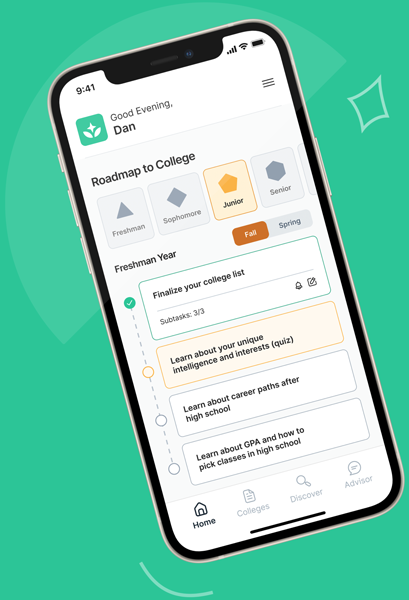


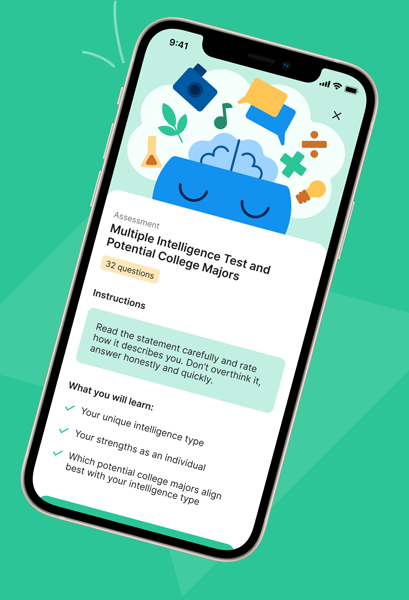

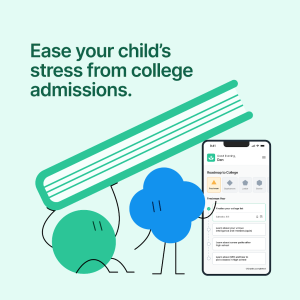
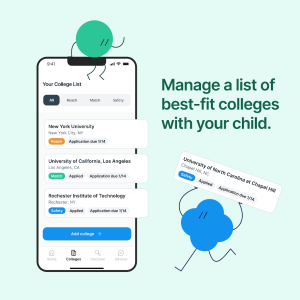
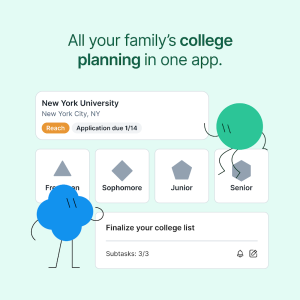
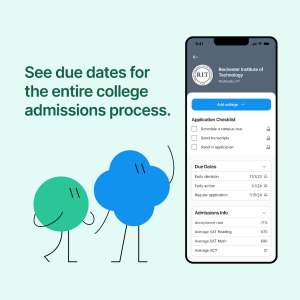
Leave a Reply